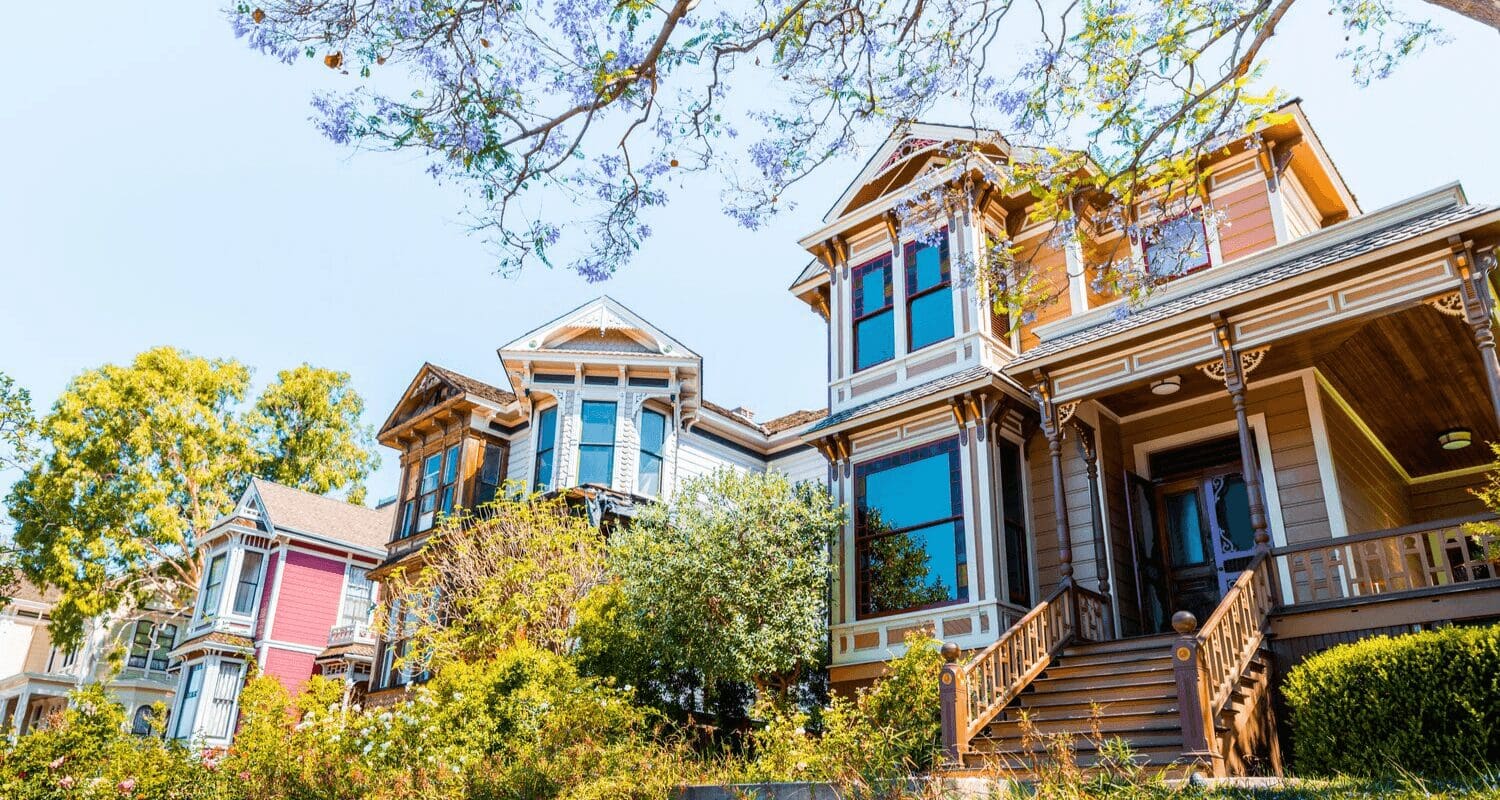
From choosing renovations wisely to highlighting your property’s one-of-a-kind history, there are a number of important details to consider when selling a historical home. Whether you’re selling an 1850s Greek Revival or a 1950s Mid-century Modern, it’s your home’s unspoiled character that’s going to help it sell for every penny it’s worth — despite any preservation restrictions that may come with the property. The key is to create a sales strategy as unique as your home, quirks, and all. To walk through the dos and don’ts of selling your special slice of history, we’ve rounded up 10 top tips from a historic home restorer, and a seasoned real estate pro who sells classic homes out of Philly — the 12th oldest city in the US. Their first piece of advice? Find the right expert to help you sell your historic home. If you’ve ever sold a modern home, you know the home prep drill: clean, declutter, repaint in neutral colors, price it right, list it on the web, and get it sold. A solid strategy for most homes, but this isn’t a one-size-fits-all solution for historic homes. “You need to find an agent who understands historic houses and the people who love them,” says Scott T. Hanson, historic home restorer, architectural historian, and author of Restoring Your Historic House: The Comprehensive Guide for Homeowners. Nearly every aspect of a historic home sale process requires a specialized strategy. Before settling on an agent to represent your home, make sure they are the type of expert you need by asking a few preliminary questions: Listen to see whether the agent sounds passionate about their past historic home sales and whether they can speak to several specific examples (“Oh, I sold this beautiful 1840 Victorian over on the west side last year…”). Better yet, ask the agent for their stats. How many historic homes have they sold? What percentage of their yearly home sales are comprised of historic homes? You want an agent who’s done more than just a one-off sale 10 years ago. With firm numbers, you can tell if selling historic properties makes up a good chunk of their business. With this question, you want to hear the agent’s pre-listing process. Look for an agent who asks questions about your home and insists on a home walkthrough before scheduling any contractors. It’s a red flag if the agent says something like, “Well, just as I would prepare any home,” or starts rattling off real estate cliches about white paint and depersonalizing. (For example, neutral colors are often the right call for modern homes but put eggshell walls throughout a historic home with original dark-stained woodwork, and it’ll look stark and heavy). The ideal agent will carefully guide you through a tailored home prep strategy that honors your home’s character, style, and special characteristics.Tip #1: Find an agent who understands how to sell historic houses
What experience do you have selling historic houses?
What’s your strategy for preparing historic homes for the market?



